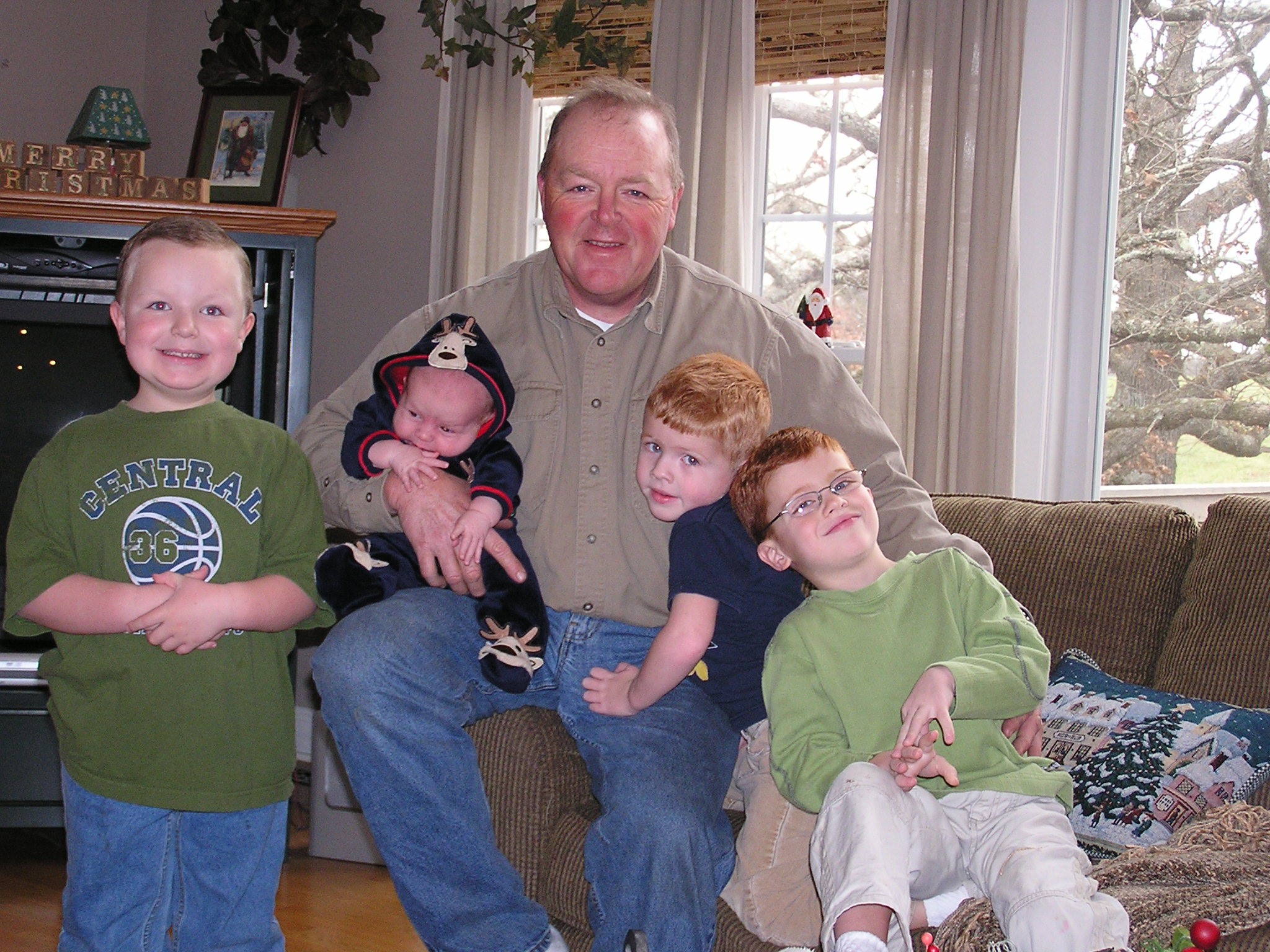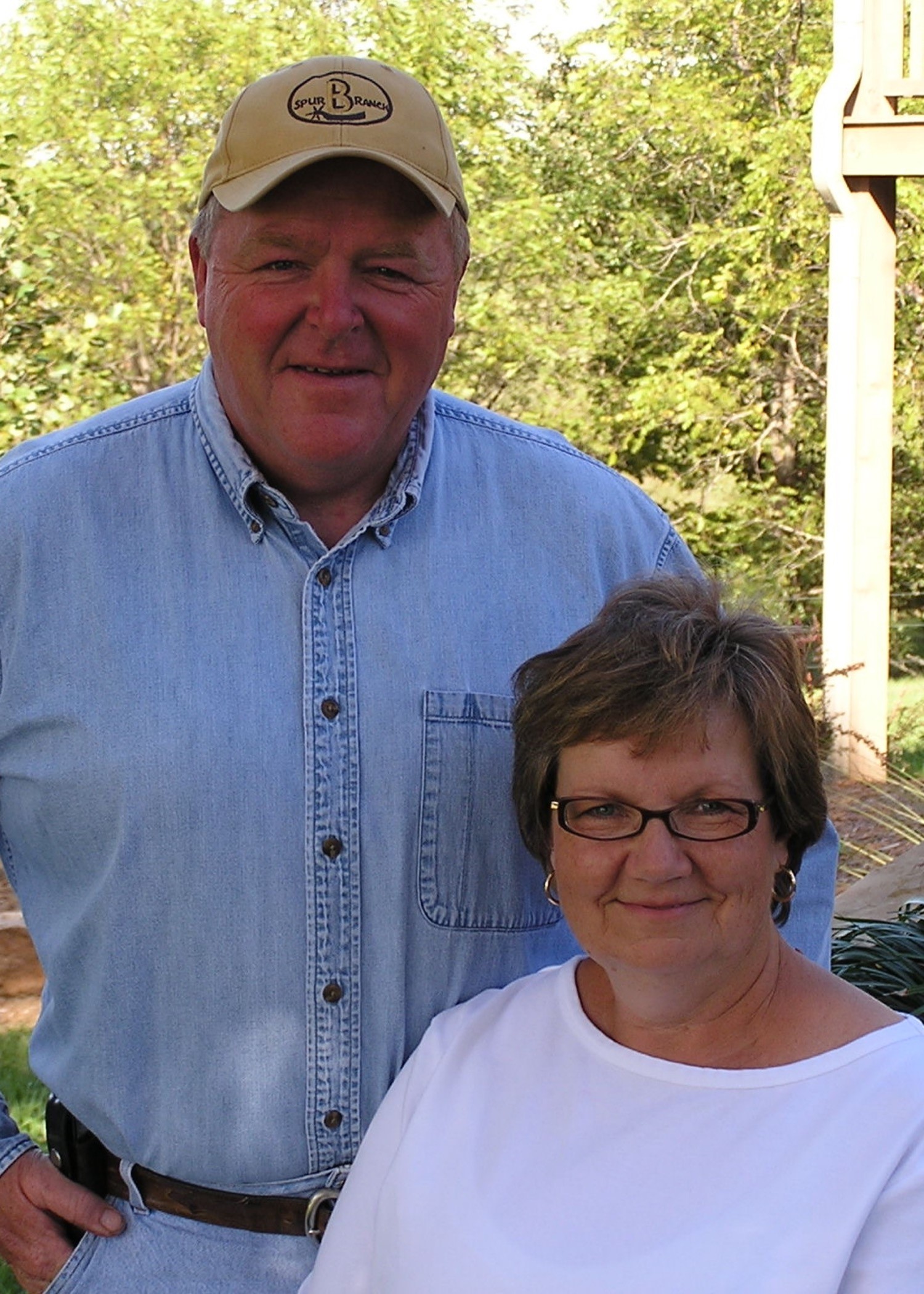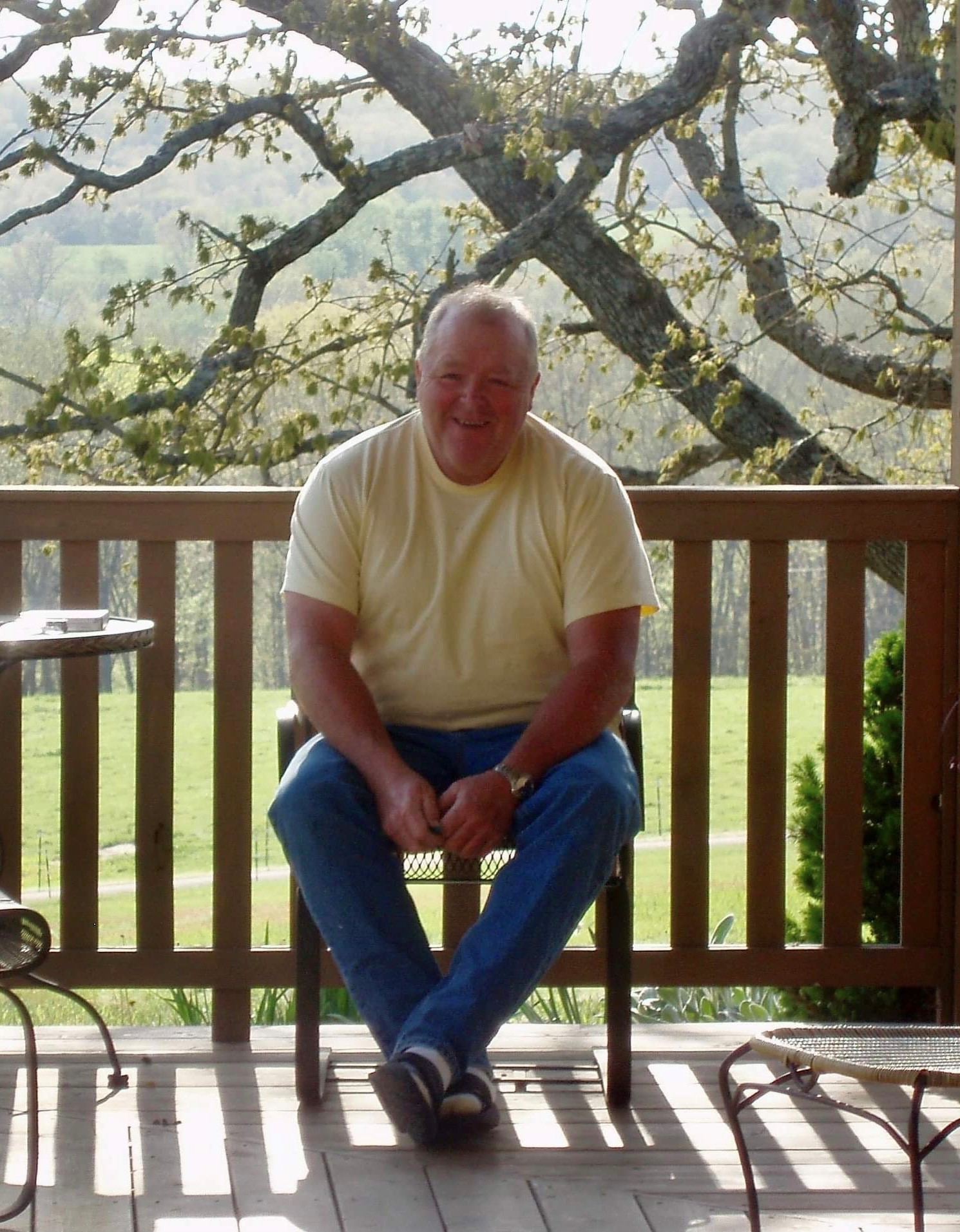
Published on September 1, 2021
Read Time: Three Minutes
Roger Brookshire was 68 years old when he died from COVID-19.
He was a former Rolla School Board member, built several homes in the area and raised cattle.
He also was father to Keri Brookshire-Heavin, who serves as senior vice president, chief nursing officer and chief operating officer at Phelps Health.
“My dad [was a] very healthy, vibrant guy [who] did a lot on the farm and with his cattle,” she said. “[My father] had no health conditions, [and he] didn't take any medications.”
Despite being careful and practicing recommended health and safety guidelines – wearing masks and washing hands – both her dad and mom, Carla, became ill from COVID-19 in December 2020.
“My mom called me one morning and told me that she had a sore throat and wasn't feeling great. So, she got tested [for COVID-19] and was positive,” Keri said. “Then, my dad was positive shortly thereafter.”
While her mom recovered, Keri remembers her father having respiratory symptoms, but he was not too sick at first.

“As the days progressed, he got sicker,” she recalled.
After about nine days, Roger went to the emergency room to get care. Almost two days later, he “took a turn for the worse” and was admitted to the hospital, Keri said.
Roger was in the hospital for about nine days before he passed away on January 10, 2021.
“We were blessed in a lot of ways because of the care that he received in the intensive care unit [from] the physicians and nurses,” she said. “There were really no words to express the gratitude that we felt.”
Weeks away from being eligible
At the time of Roger’s death, COVID-19 vaccinations were only being offered to patient-facing healthcare workers as well as long-term care facility residents and staff.
As a healthcare employee, Keri received the vaccine while her dad was in the hospital. She recalled being “on the fence” about the COVID-19 vaccine when it was first made available to healthcare workers.
“Like a lot of people, I was uncertain. I didn’t know about side effects,” she said.
Keri questioned whether the vaccine had been tested enough and what would happen to her if she got the shot.
Before her parents were diagnosed with COVID-19, she had conversations with them about being vaccinated.
“My mother at that time was uncertain…and he [Roger] actually was very strongly for getting vaccinated,” Keri said.
When Roger died, he was several weeks away from being eligible for the vaccine.

“The [COVID-19] vaccine -- from what I have seen and read and in my experience -- is effective in preventing death,” she said. “If the vaccine had been [made available] a few weeks earlier, I might still have my dad.”
While Keri said she understands people’s concerns about having a reaction or side effects after getting the COVID-19 vaccine, she weighs those risks against the life-saving benefits of the vaccine.
“When I think about what I saw my father go through and my family go through, those things [reactions or side effects] just don't seem as important as [somebody’s] life,” she said.
Vaccine is critical
Keri said she believes more people would be accepting of COVID-19 vaccines if they understood what happens to people who are sick and die of the disease.
“It is scary sometimes to think of the unknown, but what is scarier to me is loss of life and loss of our loved ones,” she said. “Dying from COVID-19 is not a pleasant death. It's full of suffering and it's traumatic.
“I hope that one person can [read] this and get vaccinated, because, to me, it is enough to know that one person made that choice,” she said.
Keri recommends people talk to their friends and families who are vaccinated and discuss any concerns they have about COVID-19 vaccines with their healthcare providers.
“The vaccine is a critical way to prevent what happened to us and my family from happening to other people,” she said.
Learn More About COVID-19
Visit our COVID-19 page for the latest information on testing, vaccines and more.